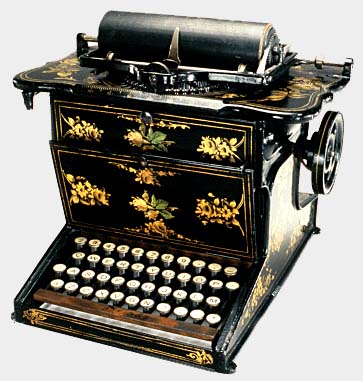In reading chapter three of Heidegger’s Being in Time I began to wonder at what point—or to what
extent—research shifts from merely “presence-at-hand” to “ready-to-hand.” Or,
at what point does a written work become equipment.
To Heidegger all equipment has the potential for mere
presence. It can be an object to be theorized about indefinitely in much the
same way that Uexkull’s African theorizes about the ladder but does not see
use. In the African’s view the ladder is not yet equipment. Research material can
function similarly. At some point an article is simply reading—or has the
capacity for being reading. It contains theories to be further theorized or
simply enjoyed. It is present, though perhaps not ready, insofar as the reader
must first have some further relation to it. As Heidegger stipulates, equipment
requires some intent to be used as equipment; “it also has an assignment to the
person who is to use it or wear it” (100).
Of course, here a stumbling block emerges in this
comparison. Can an article—or any form of reading—be present-at-hand without
being ready-at-hand for the reader, if his manner of using reading as equipment
is to theorize? To what extent does the act of theorizing—for the
scholar—immediately move her/him into utilizing the reading material for some
sort of end goal. This goal might simply be to exercise the brain, or it might
become to write an essay if a particular reading were to spark further thought.
Although, much reading and theorizing can be done without ever producing anything,
just as theorizing can be accomplished without the intent to inspire further
work. Insofar, then, as a work is only read—or examined—for entertainment it
can be present-at-hand without being ready-to-hand.
The reading material, then, becomes equipment for a project
when it begins to take on a practical use in supporting an argument—or
informing a project in some way. This practical use of an article begins the
act of reduction. Theories about the essay fade into the excavation of the
article for support. The main arguments of the author become secondary in the
search for supporting details and ideas.
Of course, there is the argument that a book or article is always
equipment insofar as it serves the purpose of entertainment. But equipment for
entertainment does not figure into Heidegger’s analysis. His choice of
equipment is always related to production. The hammer, the needle, the tongs
are all tools (or equipment) of production. In this way an essay used as
research remains equipment where an essay as entertainment does not.



No comments:
Post a Comment